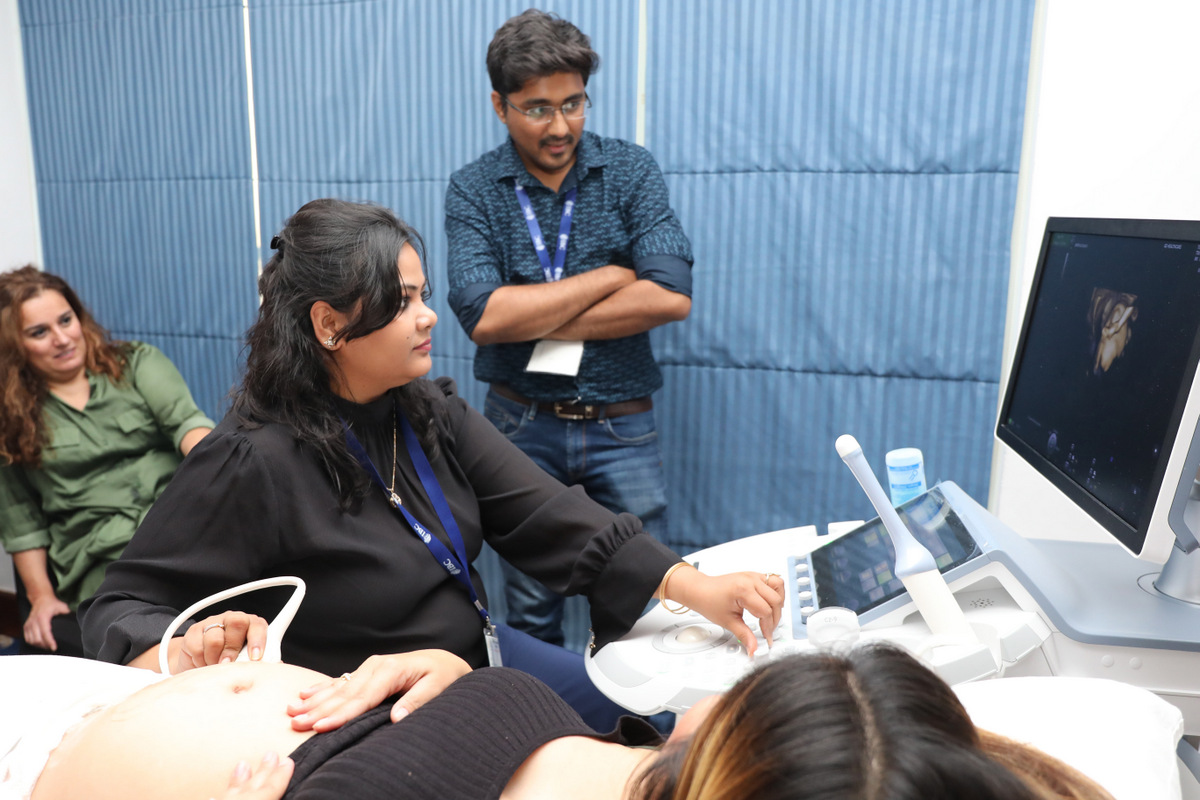Book an Appointment
Looking for the best treatments without a long waiting time?
Simply reserve a time slot, walk in at the appointed time and get prioritized treatments at no extra cost. Call Now for an appointment.
Add. : R-1, Vigyanpuri, Shadab Colony, Mahanagar, Lucknow
Book Appointment : ![]() +91 8283083082
+91 8283083082
Introduction:
The double marker test is a specialized screening tool used during pregnancy to assess the risk of chromosomal abnormalities, particularly Down syndrome (trisomy 21) and other genetic conditions. It combines the measurement of two important biochemical markers in the mother’s blood with maternal age to estimate the probability of these abnormalities. In this article, we will explore the significance of the double marker test, how it is performed, and the valuable information it provides to ensure the well-being of both mother and baby.
Understanding the Double Marker Test:
The double marker test is a non-invasive prenatal screening tool that evaluates the levels of two specific substances in the mother’s blood: pregnancy-associated plasma protein-A (PAPP-A) and human chorionic gonadotropin (hCG). These markers, in conjunction with maternal age, provide valuable information about the risk of chromosomal abnormalities in the fetus, particularly Down syndrome.
When is the Double Marker Test Recommended?
The double marker test is typically recommended between the 11th and 13th weeks of pregnancy. It may be advised for various reasons, including:
The Double Marker Test Procedure:
The double marker test involves a simple blood draw from the expectant mother. This blood sample is then sent to a laboratory where the levels of PAPP-A and hCG are measured. These results, along with maternal age, are combined to calculate the likelihood of chromosomal abnormalities in the fetus. The results are typically provided in the form of a risk score or ratio, indicating the relative probability of a particular abnormality.
Benefits of the Double Marker Test:
Limitations and Considerations:
Conclusion:
The double marker test is a valuable screening tool that provides expectant parents with important information about the risk of chromosomal abnormalities in the fetus. By combining maternal age and the levels of PAPP-A and hCG, this test aids in early risk assessment, allowing for informed decision-making regarding further diagnostic testing or interventions. If you have questions or concerns about the double marker test, consult with your healthcare provider, who can provide personalized guidance and support based on your specific circumstances.
Looking for the best treatments without a long waiting time?
Simply reserve a time slot, walk in at the appointed time and get prioritized treatments at no extra cost. Call Now for an appointment.

Experiance of more than 4000+ Scans in Lucknow
+91 8283083082